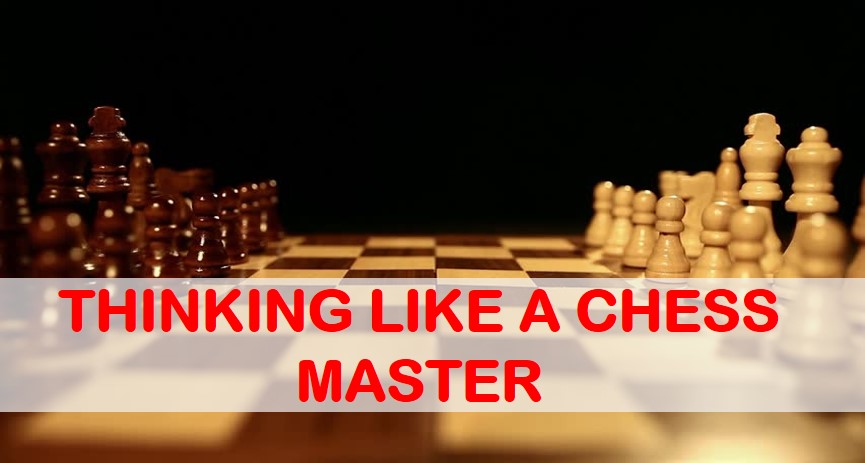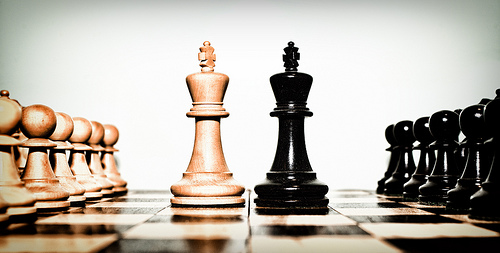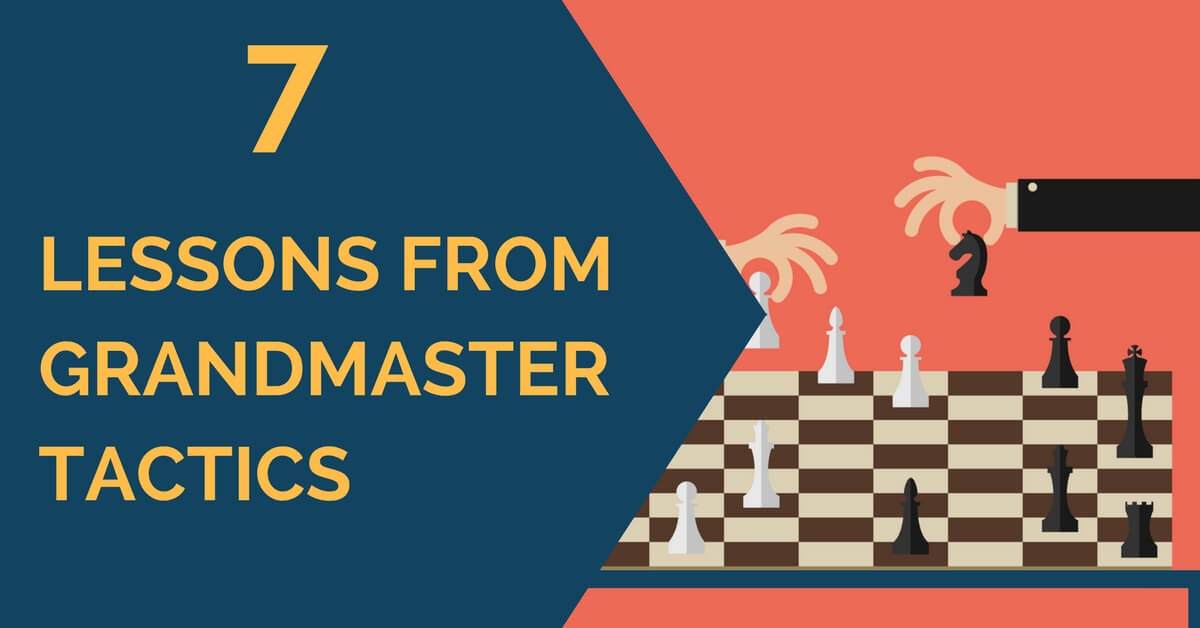10 Great Endgame Tips by Jose Capablanca
Jose Raul Capablanca, a Cuban chess player, who held a Word Championship title for 7 years is considered to be one of the greatest players of all time.
Capablanca was renowned for his exceptional endgame skills, superb technique in theoretical positions and exceptional speed of play. Here are the 10 great endgame tips, straight from Jose Capablanca, about his area of expertise: the endgame!
***
In order to improve your game, you must study the endgame before everything else. For whereas the endings can be studied and mastered by themselves, the middle game and opening must be studied in relation to the end game.
Endings of one rook and pawns are about the most common sort of endings arising on the chess board. Yet though they do occur so often, few have mastered them thoroughly. They are often of a very difficult nature, and sometimes while apparently very simple they are in reality extremely intricate.
The best way to learn endings, as well as openings, is from the games of the masters.
The winning of a pawn among good players of even strength often means the winning of the game.
The king, which during the opening and middlegame stage is often a burden because it has to be defended, becomes in the endgame a very important and aggressive piece, and the beginner should realize this, and utilize his king as much as possible.
A passed pawn increase in strength as the number of pieces on the board diminishes.
To improve at chess you should in the first instance study the endgame.
Ninety percent of the book variations have no great value, because either they contain mistakes or they are based on fallacious assumptions; just forget about the openings and spend all that time on the endings.
Although the Knight is generally considered to be on a par with the Bishop in strength, the latter piece is somehat stronger in the majority of cases in which they are opposed to each other.
People who want to improve should take their defeats as lessons, and endeavor to learn what to avoid in the future. You must also have the courage of your convictions. If you think your move is good, make it.










Comments: